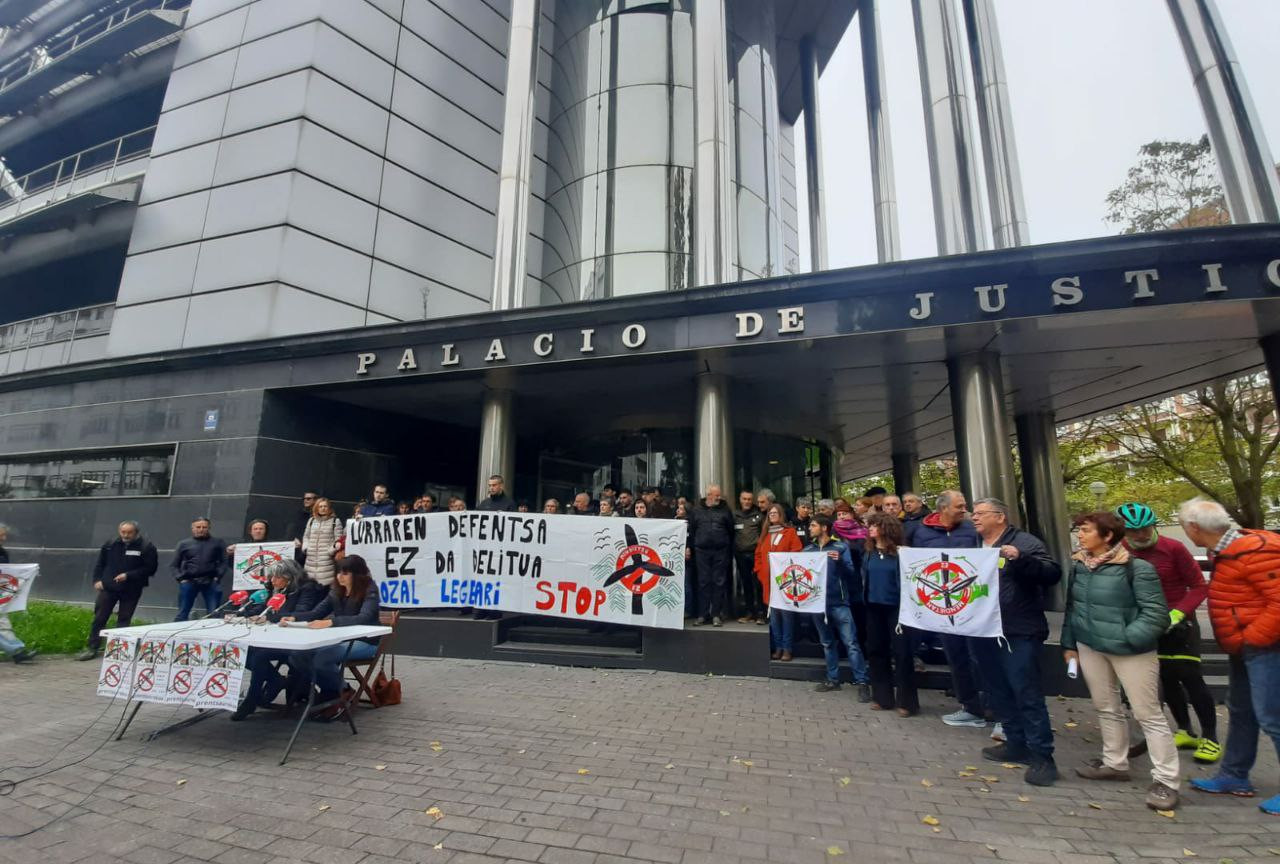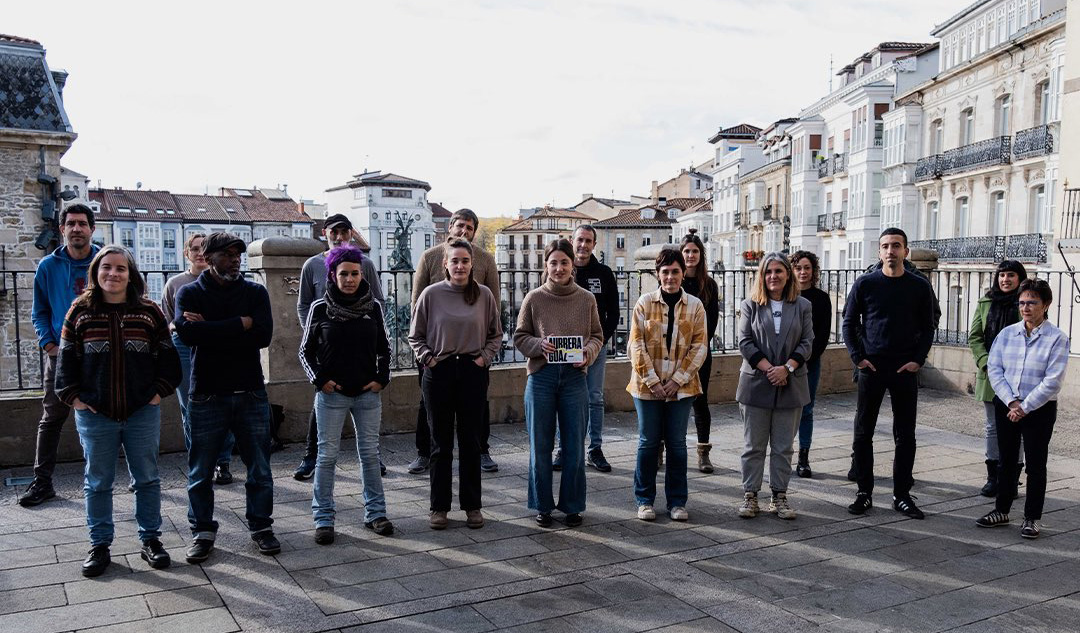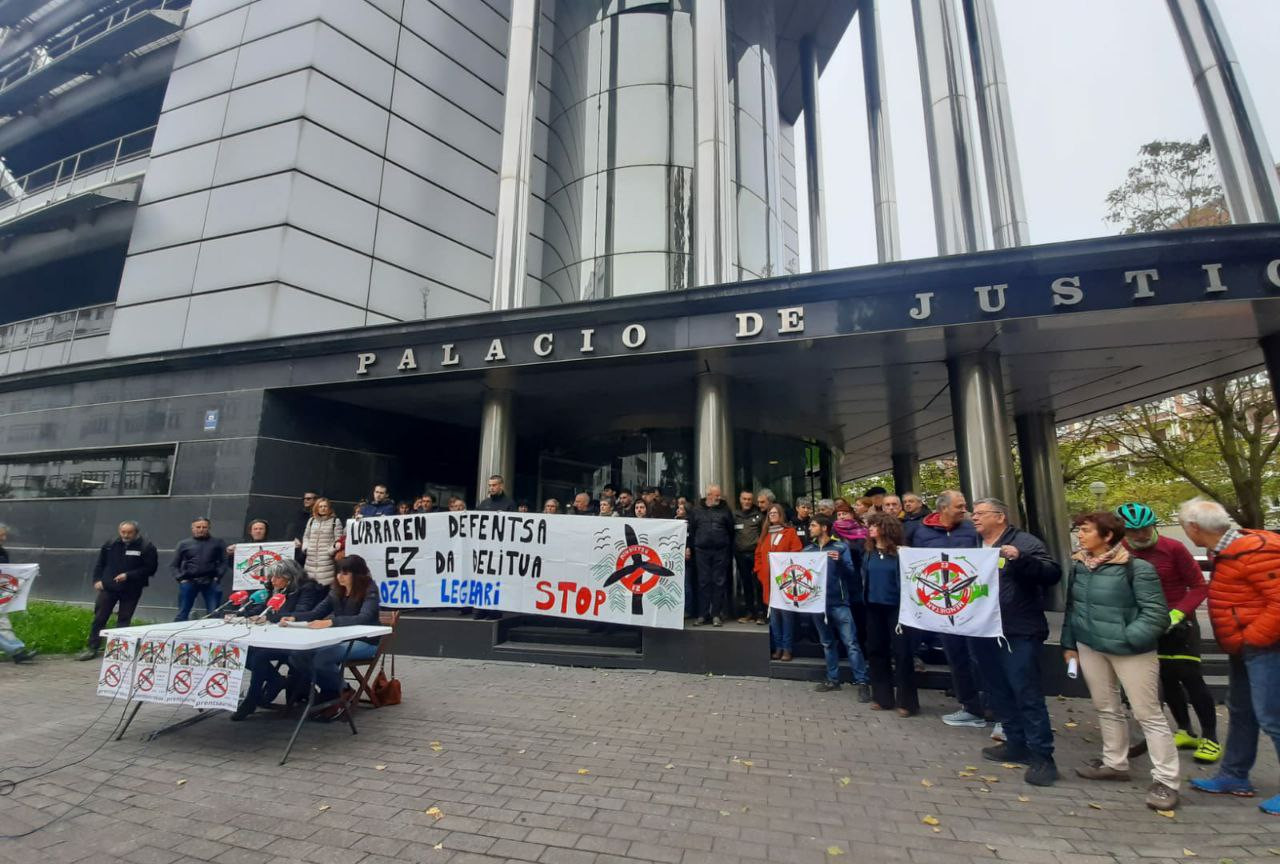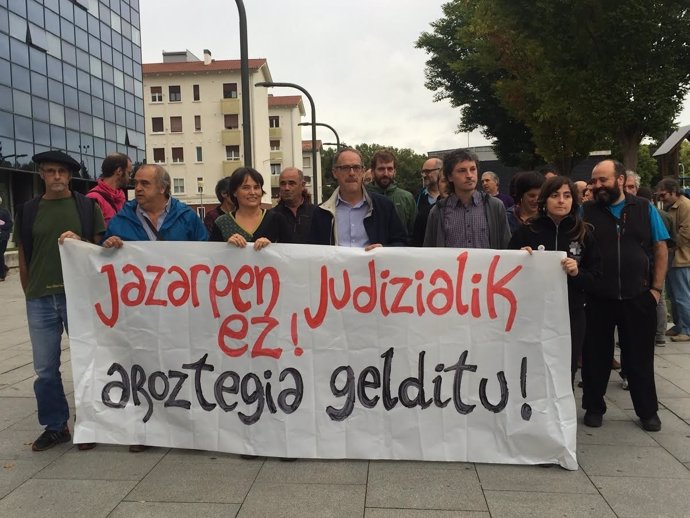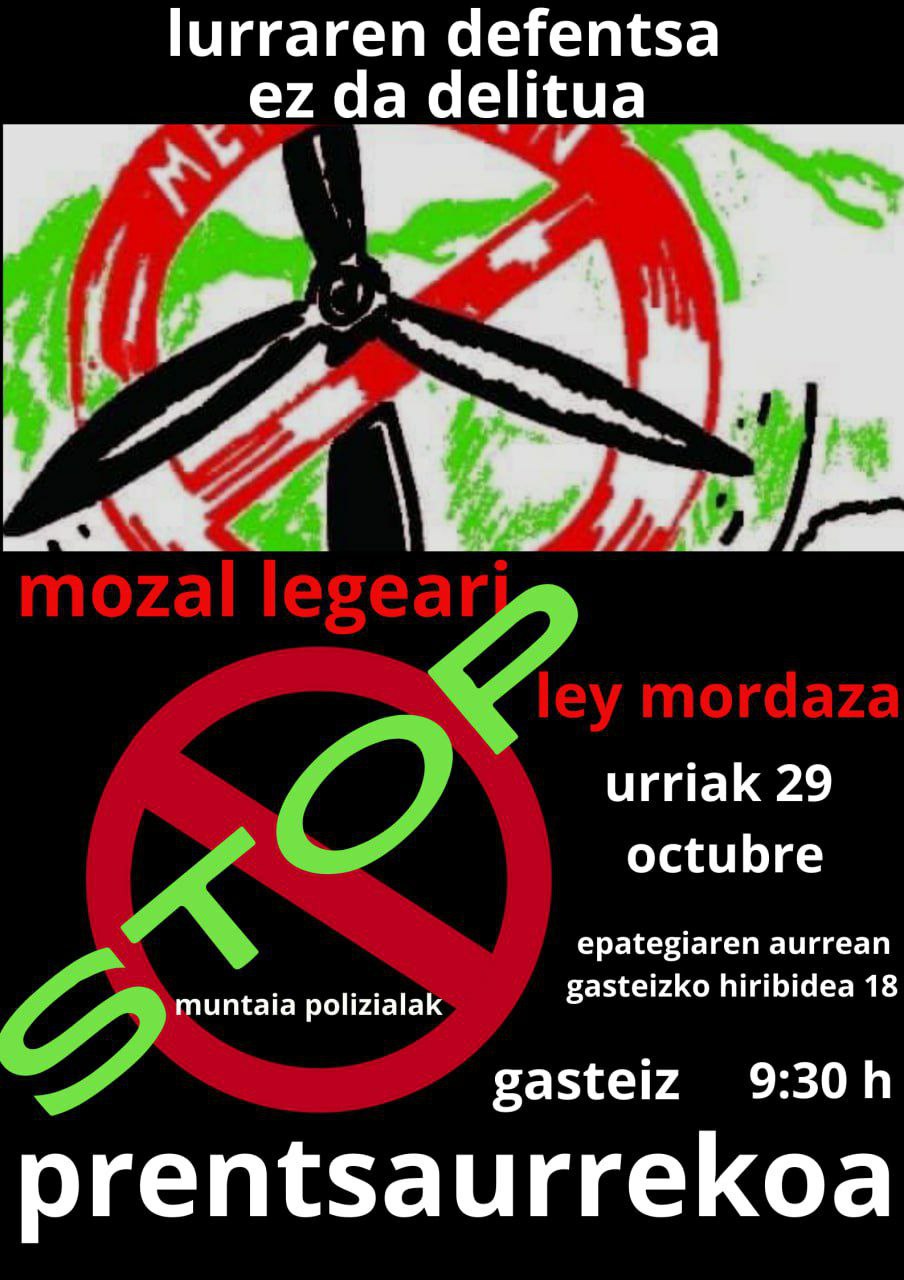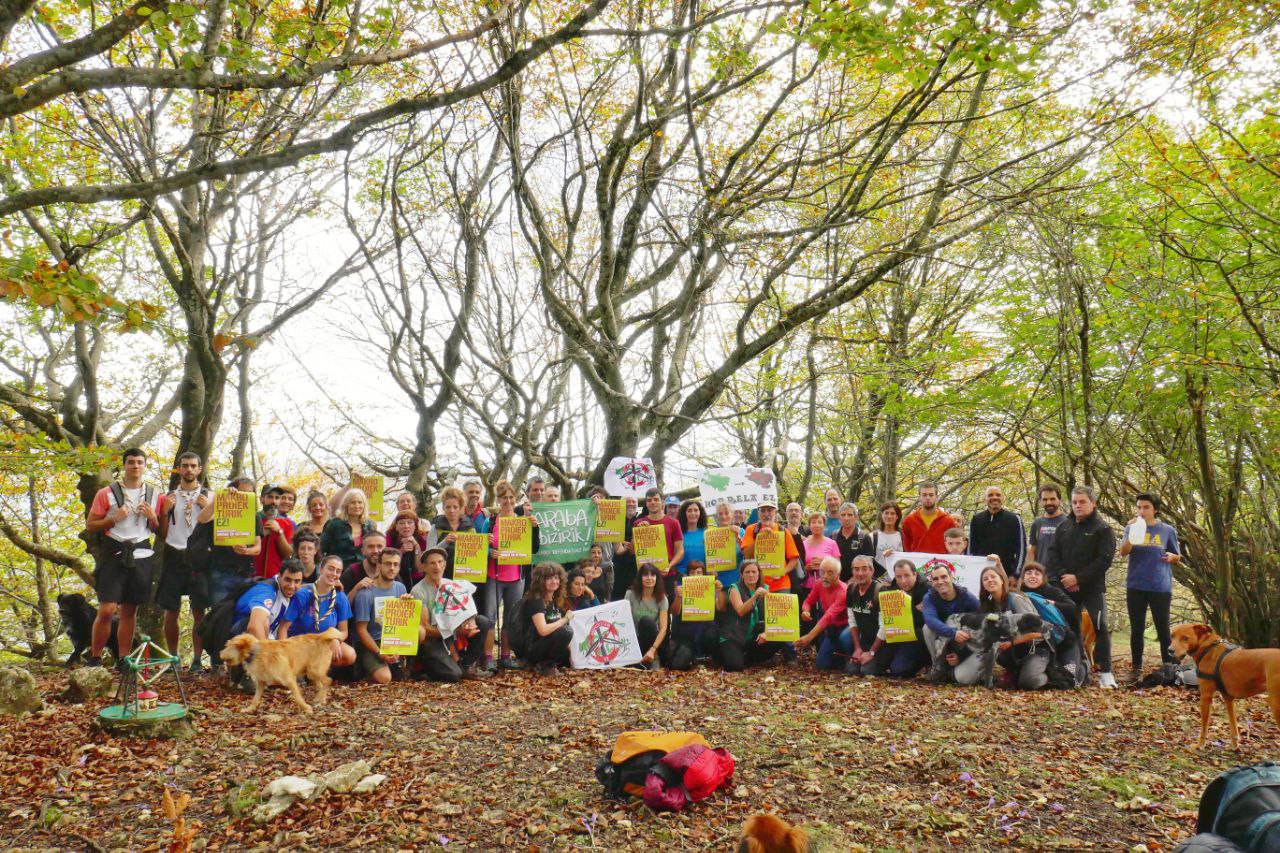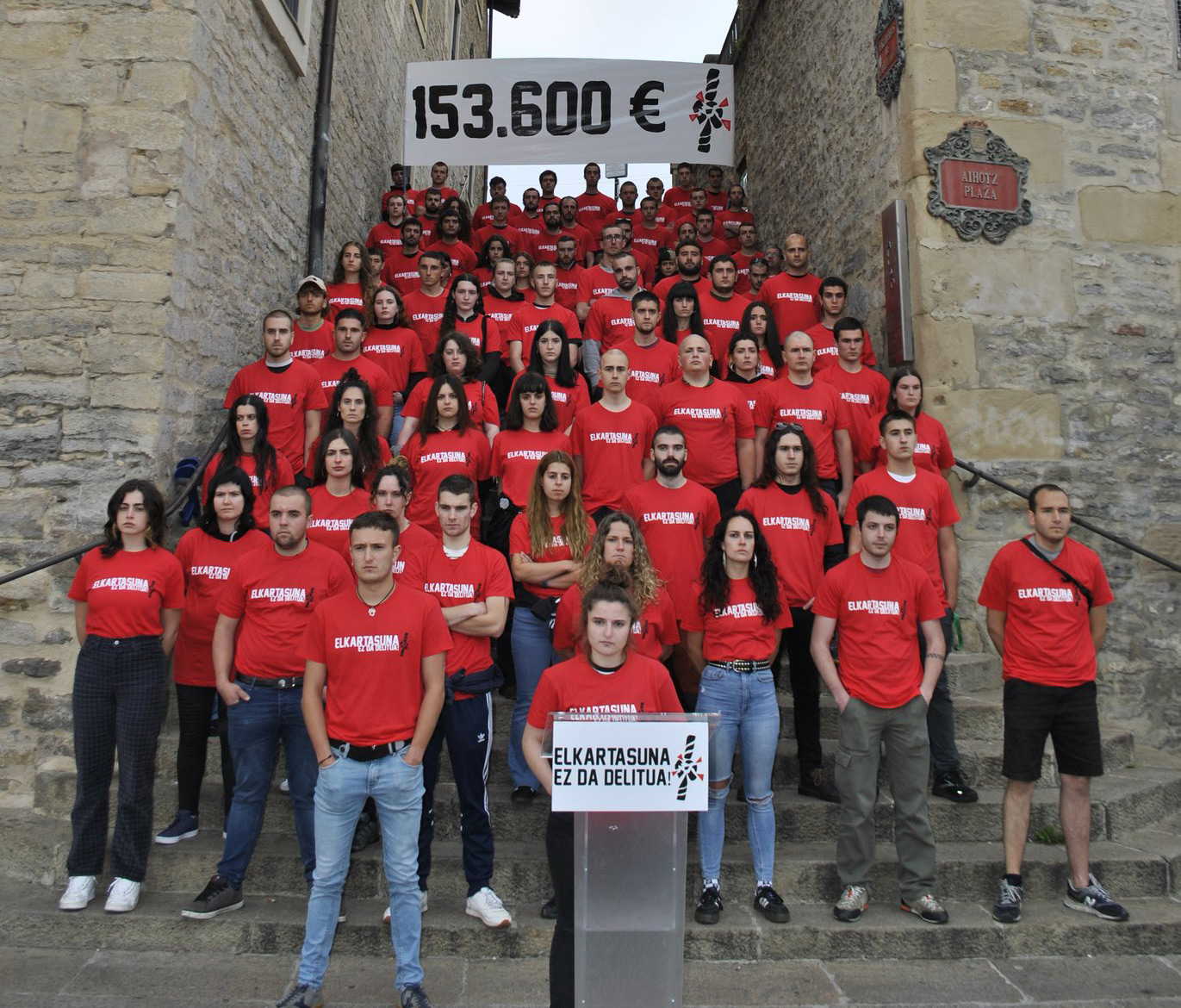Attempts to reform PNV and PSOE to "leave the law as it is"
- The following lines analyze the proposals of PNV and PSOE to reform the Citizen Security Act, the Moorish Law. And the initiative that Eleak-Libre is going to take against this law.

The analysis of the proposals of the PNV and the PSOE has been carried out by the State Non-Crime Association: “It’s about changing the law, but nothing fundamentally changes, and it’s also about avoiding a deep debate about citizen security.”
In his view, the PSOE proposal contains the worst of the Mordaza Law and the Corcuera Law (1992), using undetermined and excessively generic legal concepts, leaving the citizen without defence. As for the PNV, the platform points out that it refers to the extension of the right to strike and the rights of foreigners, concepts that it does not develop in its articles.
The PNV’s perspective on citizen security is very worrying: it puts at the same level the protection of fundamental rights and the protection of property. In his paper, the public space is a space of ‘public use and enjoyment’ and not a space where to live rights. The PSOE and PP have the same vision and confuse citizen security with the maintenance of public order.” His proposals maintain one of the principles of the Mordaza Law: that what the police say has value as proof. This means, in practice, that the right to defence is lost.
As regards the demonstration and the right of assembly, the PSOE proposals remain very restrictive. In the text of the PNV, the doors are opened to unauthorized plenary sessions, but whenever they respond to cases of emergency. In addition, “the PNV maintains the ‘hot’ expulsions of migrants – immediate ones – which means the criminalization of poverty”.
There are also improvements in the proposals, “but little”: In some cases, the PSOE has reduced the sanctions. The most significant change is that of the PNV, which proposes to abolish sanctions in some cases, such as the publication of unauthorized photos from the security forces, pre-Congress and Senate meetings or by obstructing the street.
Despite the commitment of the Basque Parliament not to apply the Moorish Law on 22
June 2016 against the Moorish Eleak-Libre Law, the Ertzaintza has used 8,087 times the Moorish Law in 2015 and 2016 (2,857 July at the end of the year). The Basque Government Security Council, Estefanía Beltrán de Heredia, has announced that it will continue to apply the law to officials.
In the Parliament of Navarre, data on the application of the law will be requested and the application of the law will be suspended. The Basque Parliament will be required to take three steps: one, to ratify the position contrary to the Mordaza Law; two, if this law punishes someone, to publicly denounce and to show his support for the sanctioned; three, to ratify his commitment not to apply the law.
What to do if they punish you on the basis of the Mordaza Law? The Eleak-Libre telephone number, the telephone numbers of lawyers working with the association in each territory and an e-mail: mozalikez@riseup.net will be provided. If the appeal or disobedience to the penalty is agreed, the association shall advise the penalty. Explaining what the rights of the citizen are, the movement will publish a Guide Book against Repression. It has also launched the “Recorded Police” initiative – the first three videos are already on the net – along with Ahotsa, Topatu, Hala Video, Ekinklik and ARGIA. Finally, the association also wants to create a database of all police actions that have violated civil and political rights.
Nine years ago, pending the adoption of the Mordaza Law, the Council of Europe itself said that the law was going to be “disproportionate” and its “great concern”. “This law is a reactionary and conservative absurdity to criminalize street protest and criticism,”... [+]









